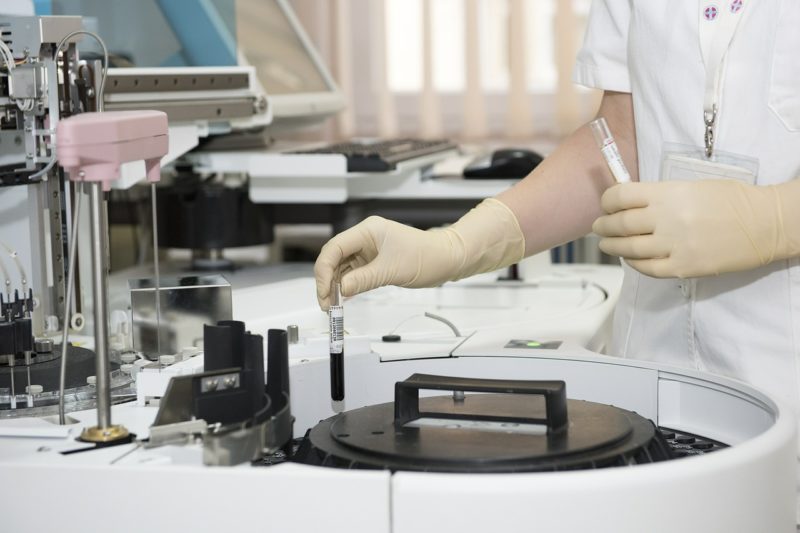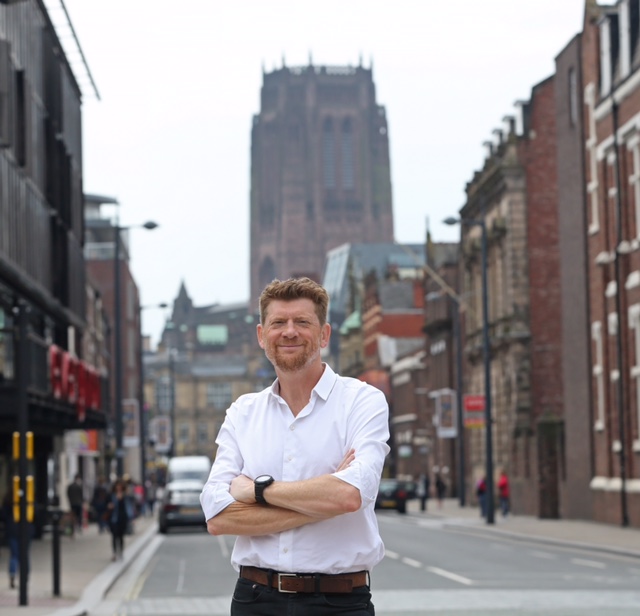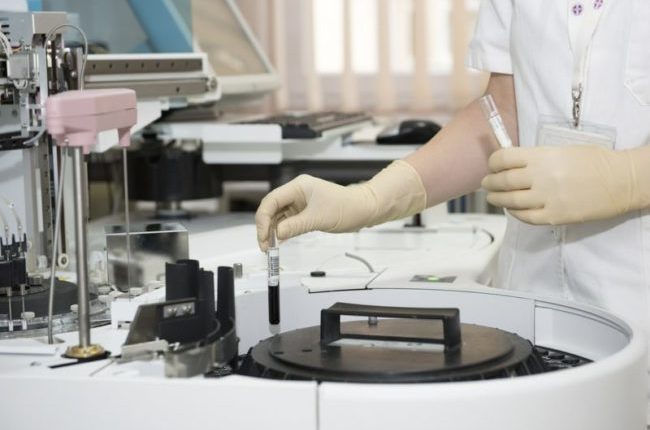YBNews takes a more detailed look at what is planned for the 450-acre area of the city over the next five years with schemes that could lead to the creation of thousands of new jobs for the city. Tony McDonough reports.

Investment totalling £2bn into Liverpool’s Knowledge Quarter (KQ Liverpool) over the next five years could create thousands of jobs and transform the city region economy.
In London on Thursday business and political leaders laid out their vision for the 450-acre area of the city, putting it on the global stage for science, innovation, education, technology and the creative and performing arts.
KQ Liverpool encompasses Liverpool John Moores University, the University of Liverpool, Liverpool School of Tropical Medicine, Liverpool Science Park and the new Royal Liverpool University Hospital.
Chief executive Colin Sinclair said: “We have a simple plan, which is to build on the existing academic, medical, scientific and cultural brilliance that already exists, to create a world-class innovation district at the heart of a great city region.”
Click to hear Colin Sinclair talk about KQ Liverpool in more detail
So what are some of the key projects at the heart of the vision? YBNews takes a closer look.
CURRENT PROJECTS:
Materials Innovation Factory
The £68m facility is a partnership between Unilever and the University of Liverpool and by combining one of the largest research-active companies with the strongest chemistry department in UK, it is set to be one of the most exciting developments of its kind in recent years. It will become a global leader in computer-aided materials science and discovery.
Liverpool Science Park
LSP currently provides 120,000 sq ft of office and laboratory space next to the city’s Catholic Cathedral. Its three buildings are now 90% fully let so discussions are under way with a view to creating a fourth innovation centre with a particular focus on digital technology and healthcare.
Sensor City
Sensor City is a £15m joint project between the University of Liverpool and Liverpool John Moores University and focuses on ‘the internet of things’ – sensors incorporated into everyday appliances, and in workplace systems and devices, that are connected to the web. Its aim is to create 300 start-up businesses and 1,000 jobs over the next decade.

Liverpool Bio Innovation Hub
In addition to the laboratory units within the LBIH Bio Incubator, the hub also houses an SME suite complete with training room, open access laboratory and seminar room, and the LBIH Biobank. This offers bespoke and archival collections from any patient cohort (data from groups of patients with similar symptoms). Part of this £33m building will also become the temporary home to the Royal College of Physicians before it moves to a permanent site the at the nearby Paddington Village in 2019.
Liverpool Life Sciences Accelerator
Located next to the new Royal Liverpool Hospital and close to the Liverpool School of Tropical Medicine, the purpose-built accelerator will have facilities for life science companies and is intended to support greater collaboration between the private sector, clinicians and NHS researchers.
FUTURE PROJECTS:
Paddington Village
This £1bn flagship project, centred around the former Archbishop Blanch school, has been earmarked for the creation of 1.8m sq ft of space for technology, education and health. And it will also include a new railway station to connect onto the existing Merseyrail network.
Centre of Excellence in Infectious Disease Research (CEIDR)
CEIDR will bring together scientific expertise from the School of Tropical Medicine and the University of Liverpool in three pivotal areas: anti-microbial drugs, vaccines and insecticides for eradicating diseases.

Tech Hub
The UK tech industry is growing 32% faster than the rest of the UK economy and Liverpool is home to the second-fastest digital cluster in the country (according to TechNation 2015). The proposed facility, in the listed Wellington Rooms building, would provide start-up space for digital and creative entrepreneurs.
Materials Innovation Factory 2
This would be linked to the University of Liverpool/Unilever Centre for Functional Materials Design to develop new materials using high-powered computing and robotic automation.

